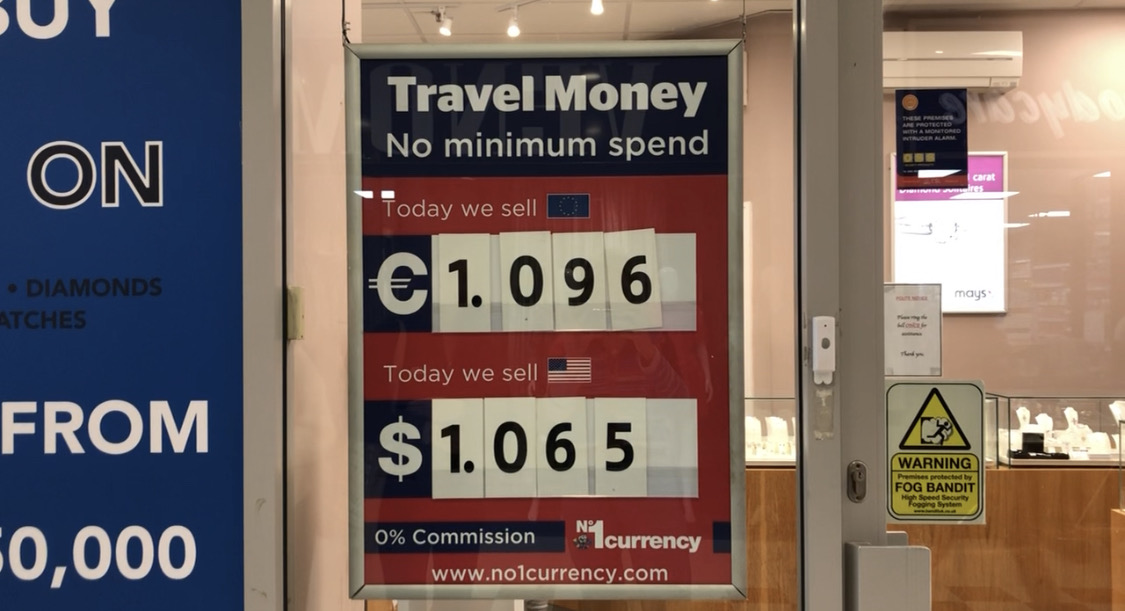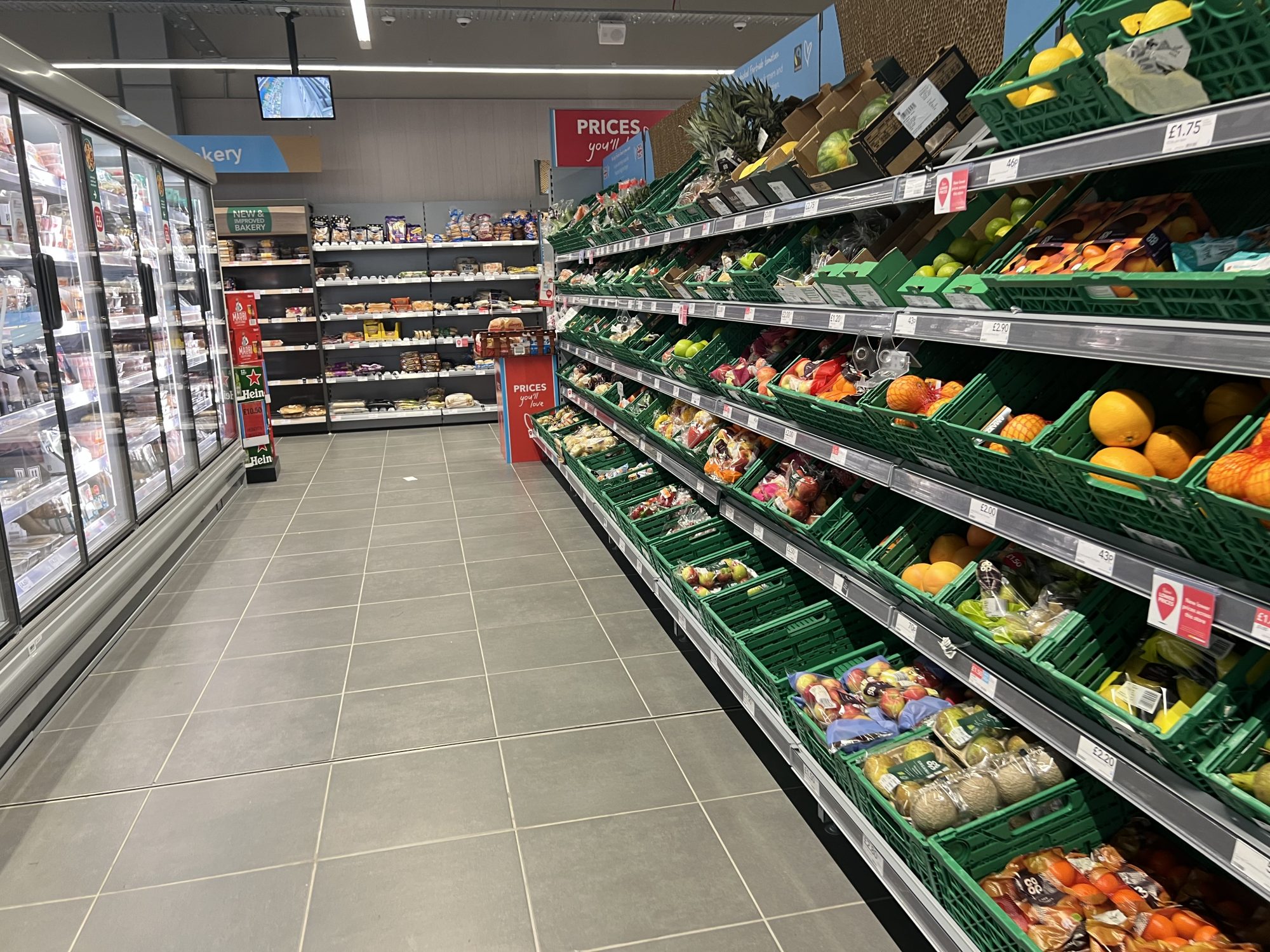
Salfordians planning on travelling to America may want to think of putting their plans on hold.
The pound has hit its lowest value since 1971, greatly affecting the exchange rates. On Saturday September 24th the pound hit a 37-year low. Today, the sterling dropped by 4.9% to an all-time low to $1.0327. The fall comes from a domino effect of the economic struggles from the Covid-19 pandemic and the more recent government announcement of large tax cuts which are funded by borrowing.
Salford Hays Travel’s Chantelle Mockler, said: “It will slow business down. I think also it will deter people from going to America. We’ve already had people saying they don’t want to go because they’re getting nothing extra for their money.
“We’ve got a lot of shops around here that sell currency, so we have to be competitive in the market, but I think everyone’s going to feel a knock-on effect from it if it carries on slumping.”

Local retailers are also feeling the effects. Aaron Bennion, a local shop supervisor has said that he has noticed an increase in the prices of cheaper items in the shop. “Basic socks, basic t-shirts, some items like jeans have gone up maybe a pound or two.
“Over the past two years prices have gone up.”
This comes at a very difficult time for the working-class population of brits with energy costs on the rise across the continent and an unemployment rate of 3.6%, a decrease from its 4.1% high this year. Salford’s unemployment from April 2021-March 2022 was 5.8% a significant difference to that of Great Britain.
In past years, the sterling has been strong in value compared to the Euro and US Dollar, but these are drastically changing. This year the dollar has been strengthening following the Federal Reserve tightening their monetary policy this year, vowing to keep it that wat until high inflation calms down. The US’ tactic has been increasing interest rates. This created a higher demand for currency, so as a result of this the dollar has risen against almost every other currency this year.
Unlike the dollar, the euro is falling in a similar way to the sterling. Across Europe gas prices are set to increase like we have never seen before. With this and the ongoing energy usage and crisis, markets are selling the euro anticipating a downturn across the continent. The European Central Bank’s slowness in raising interest rates compared to other big central banks is a major factor in this.

From national rail strikes, energy cost increases and inflation, Britain is in an economic crisis that will greatly impact the general cost of living for low earning households and individuals.
The weakening currency will increase the cost of imports on goods priced in currencies that are not the pound and help to encourage inflation. In terms of travel and currency exchange, you will get less for your money when exchanging for currency abroad. The only plus from this being that export-oriented business are set to get a boost as their goods become cheaper on the international market.
The new prime minister Liz Truss, has said that the government are “incentivising businesses to invest and we’re also helping ordinary people with their taxes.” At the height of Britain’s economic struggles Truss’ chancellor, Kwasi Kwarteng, pledged further tax cuts for later this year. Labour have said that these cuts will only benefit the rich, however Kwarteng denied this. They said: “We’ve actually put more money into people’s pockets,” he said. “We’re bringing forward the cut in the basic rate [of income tax] and there’s more to come.
“I don’t really accept the premise of the question at all,” was Truss’ response to being asked if she was “recklessly running up the deficit.
The new government already have a ‘growth plan’ in place, announcing and Energy Price Guarantee and a commitment to a six-month Energy Bill Relief Scheme for businesses and other non-domestic energy users, such as charities and public sector organisations.
The government have said: “These policies will significantly reduce inflation and support growth in the short term.”














Recent Comments